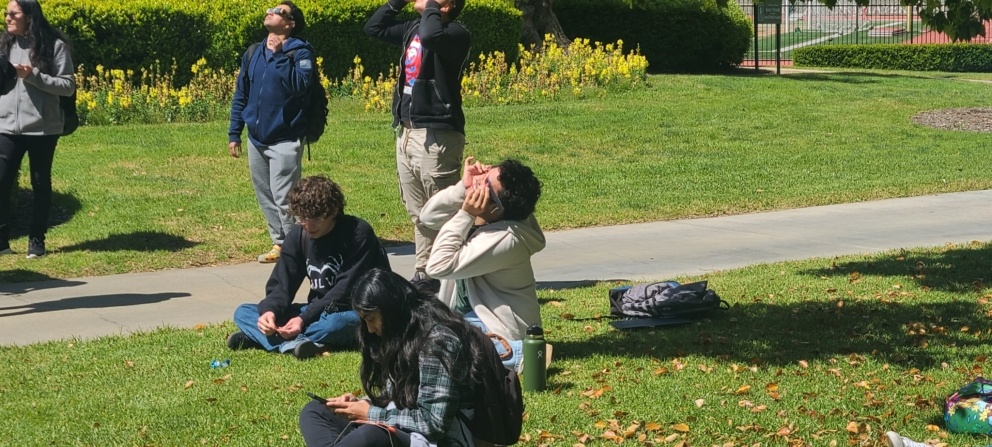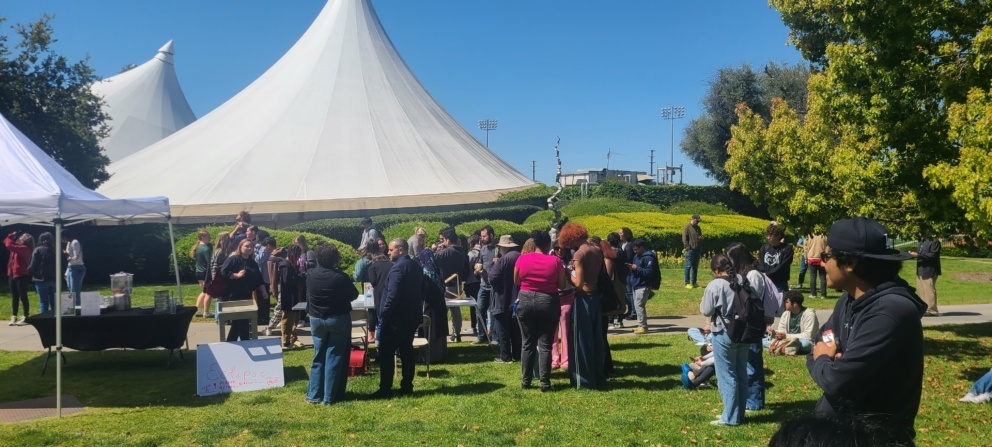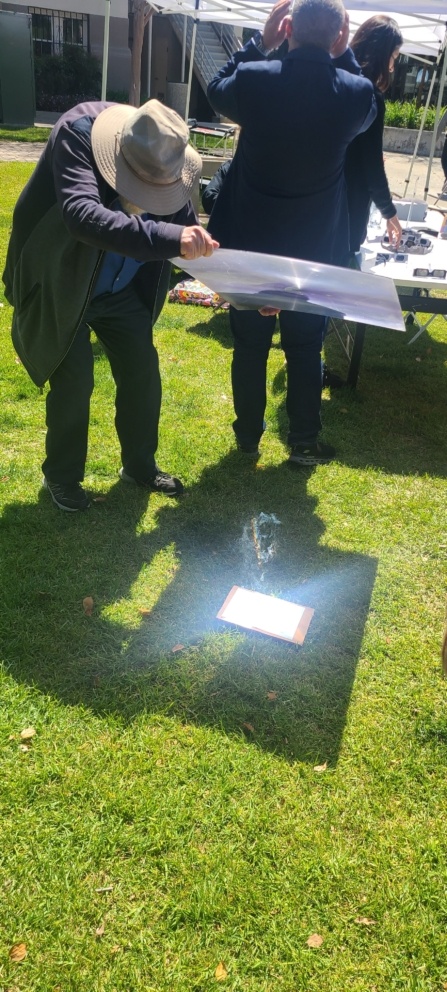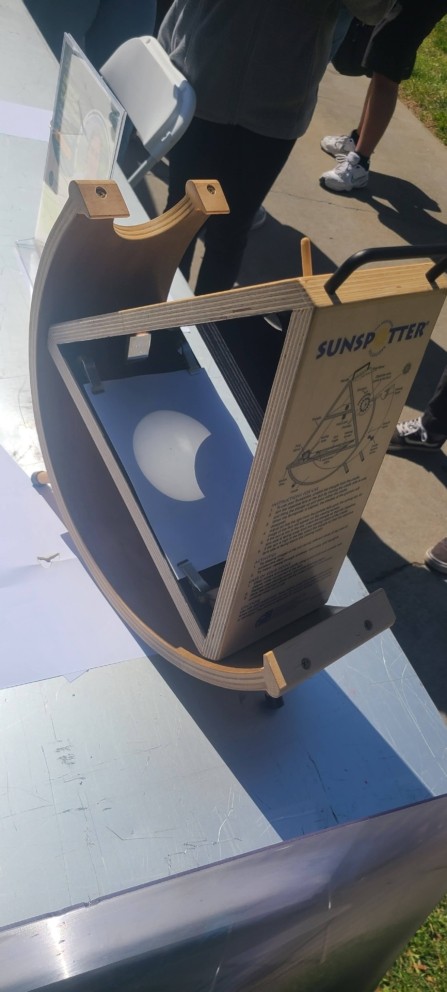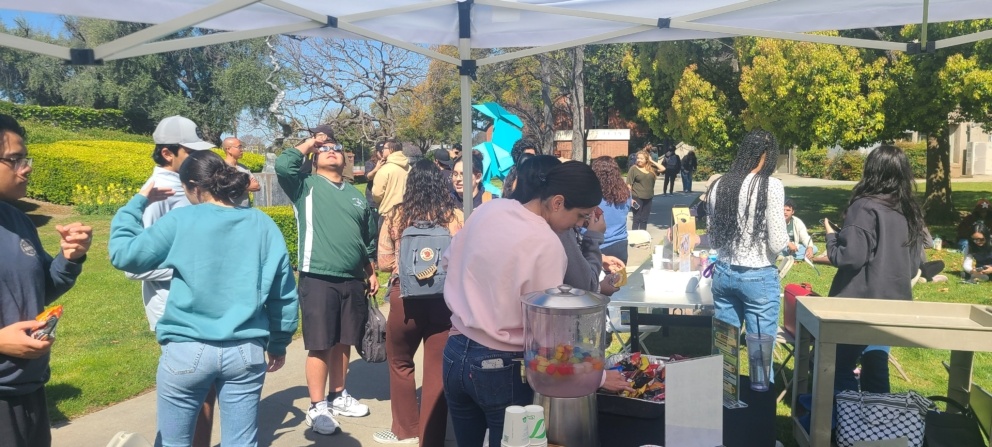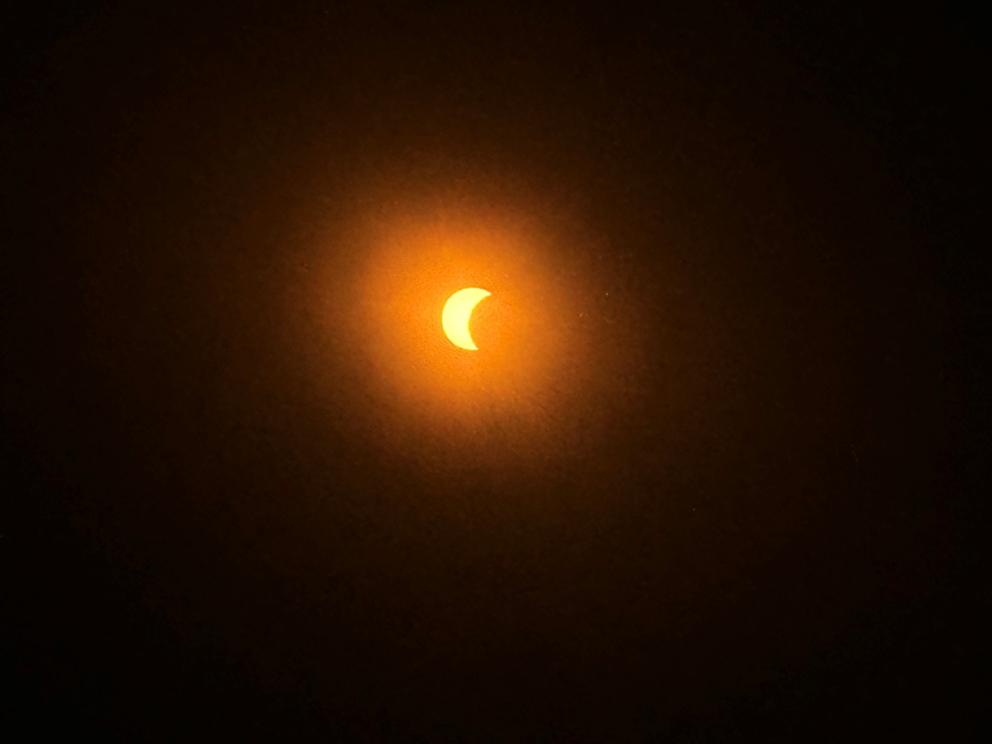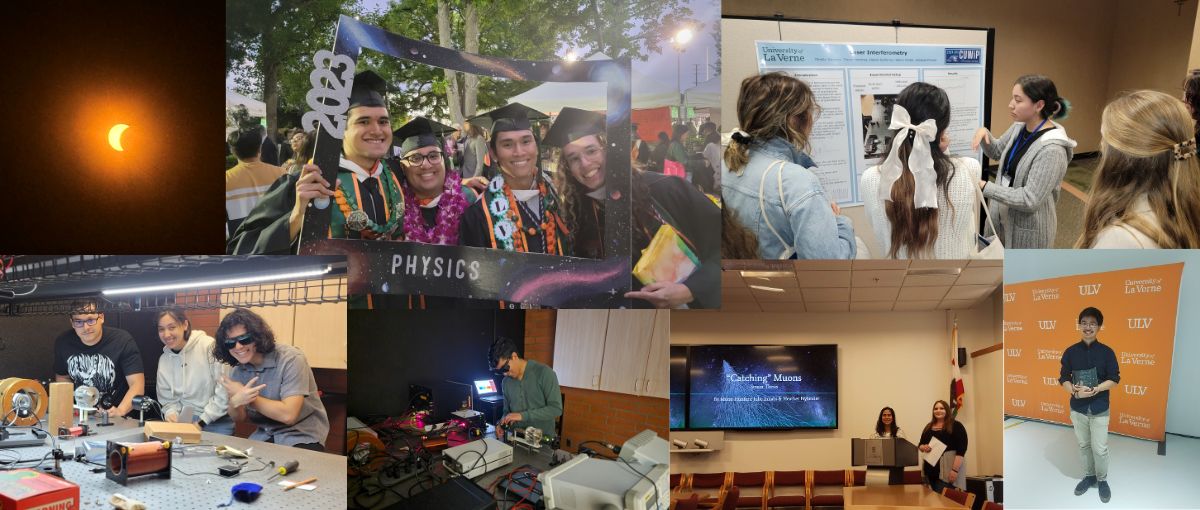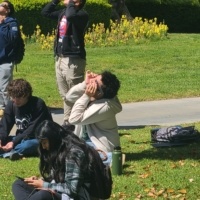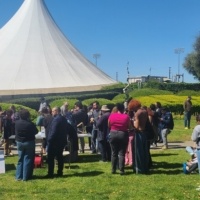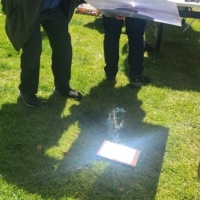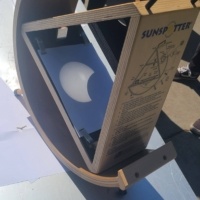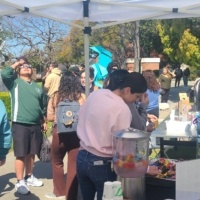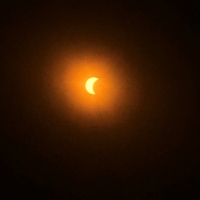Physics is the study of the world at its most fundamental level. It is the foundation of all scientific disciplines, and as such is the most diverse field of scientific inquiry. Physicists study the structure of subatomic particles and the evolution of galaxies, model climate change and brain processes, and work at the cutting edge of developing technologies such as nuclear fusion, nanotechnology, quantum optics, and spintronics. The dozens of subfields within physics attest to how far-reaching physics is in our technological society.
The Physics Department at the University of La Verne offers a unique and rigorous educational environment in which students receive personalized attention from trained and experienced faculty. The Department offers a Bachelor of Science, a Bachelor of Arts and a minor in physics. Physics majors may also choose to pursue the 3-2 Dual Degree Engineering Program allowing them to obtain an engineering degree in addition to their physics degree in 5 years. The Department also offers a biomedical physics option for majors interested in continuing on to medical school, medical physics or biophysics and a teaching option for majors interested in a career in teaching physics.
Physics Program Mission
The Physics Program offers a rigorous training in theoretical, experimental and computational physics to a diverse population of students in order to prepare them for graduate school or careers in teaching or industry.
Physics Program Learning Outcomes
- Students will demonstrate a working knowledge of physical laws and theories in the areas of classical mechanics, electricity and magnetism, quantum mechanics, statistical mechanics, thermodynamics, optics and special relativity.
- Students will demonstrate proficiency using mathematical techniques, computational methods and critical thinking in problem solving.
- Students will work effectively as part of a collaborative team to conduct experimental measurements using laboratory devices and electronics, collect and analyze data and interpret their results.
- Students will communicate well, orally, visually and in writing to diverse STEM audiences.
Events
Solar Eclipse Viewing on April 8, 2024
Checkout the photo gallery below or click here to see the video from the Total Solar Eclipse 2024 trip to Texas sponsored by the National Science Foundation (NSF).
